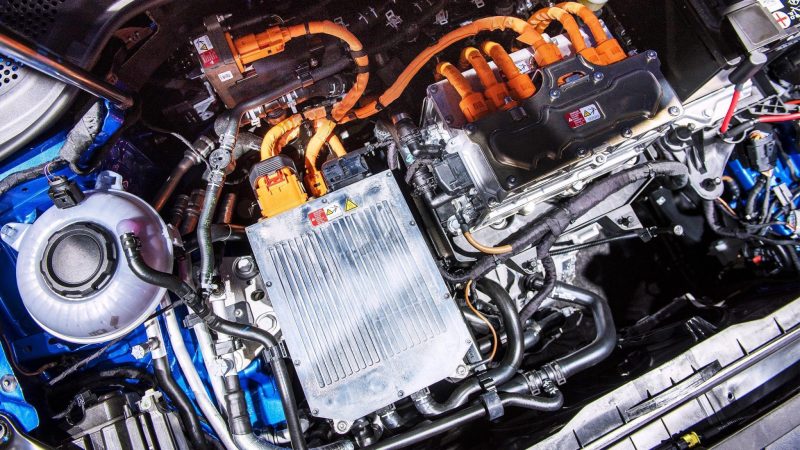Access to critical raw materials is essential for the establishment and proper functioning of the European electric vehicle battery value chain. ACEA welcomes the announcement by the European Commission of the Critical Raw Materials Act (CRMA), due to be published next week, and proposes a number of actions to strengthen the availability of critical raw materials for Europe’s industries.
With the ban on sales of internal combustion engines for passenger cars and vans set for 2035, and new CO2 reduction targets for heavy-duty vehicles recently proposed, there has never been a greater need to ensure that the green transition proceeds smoothly.
E-mobility is clearly the driving force for transport decarbonisation, and batteries and traction motors will be the dominant technology in achieving this. The key raw materials contained in these batteries and traction motors are almost exclusively of non-EU origin, making the domestic industry reliant on other countries and external factors for their sourcing.
In order to reduce these risk dependencies and facilitate the transition to e-mobility, it is essential that the European Union supports the development of the European battery value chain. These must include enhanced security of access to critical raw materials.
ACEA calls on the European Commission to centre its strategy for raw materials around the following principles:
- Creating a supportive investment environment for mining, refining and recycling projects (eg low energy costs, fast authorisation procedures, practical environmental standards, skilled workers).
- Enhancing – through industrial policy measures – domestic capacity and removing barriers to extracting, refining and processing strategic critical raw materials.
- With regard to the external dimension, improving the security of supply and diversity of sources of raw materials through free trade agreements and raw materials partnerships.
- Strengthening the role of the circular economy to increase the availability of secondary raw materials.
- Ensuring that access to critical raw materials – whether sourced domestically, externally or through recycling methods – respects international standards and adheres to sustainable practices that fully respect human rights and the environment.
- Identifying strategic R&I projects in the fields of recycling, recovery and substitution of critical raw materials, and ensuring these have access to funding, while supporting the development and implementation of innovative practices throughout supply chains.





















